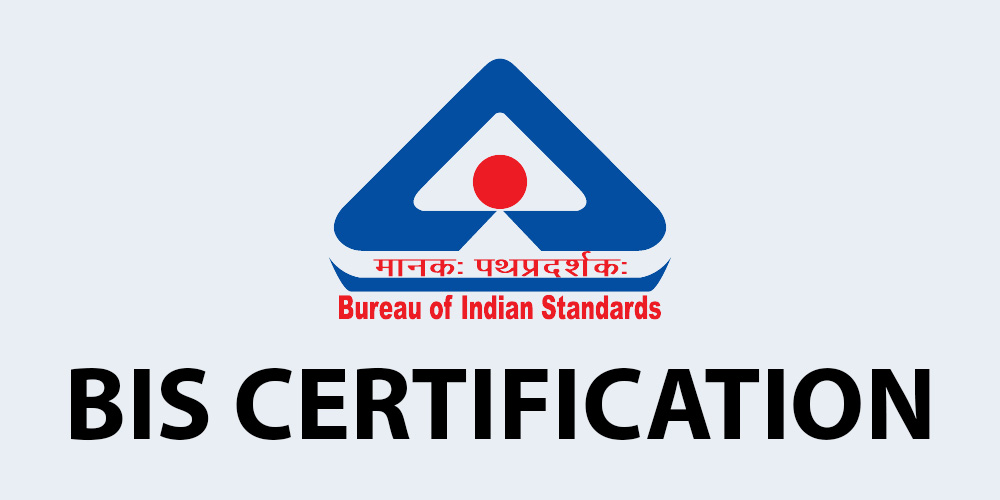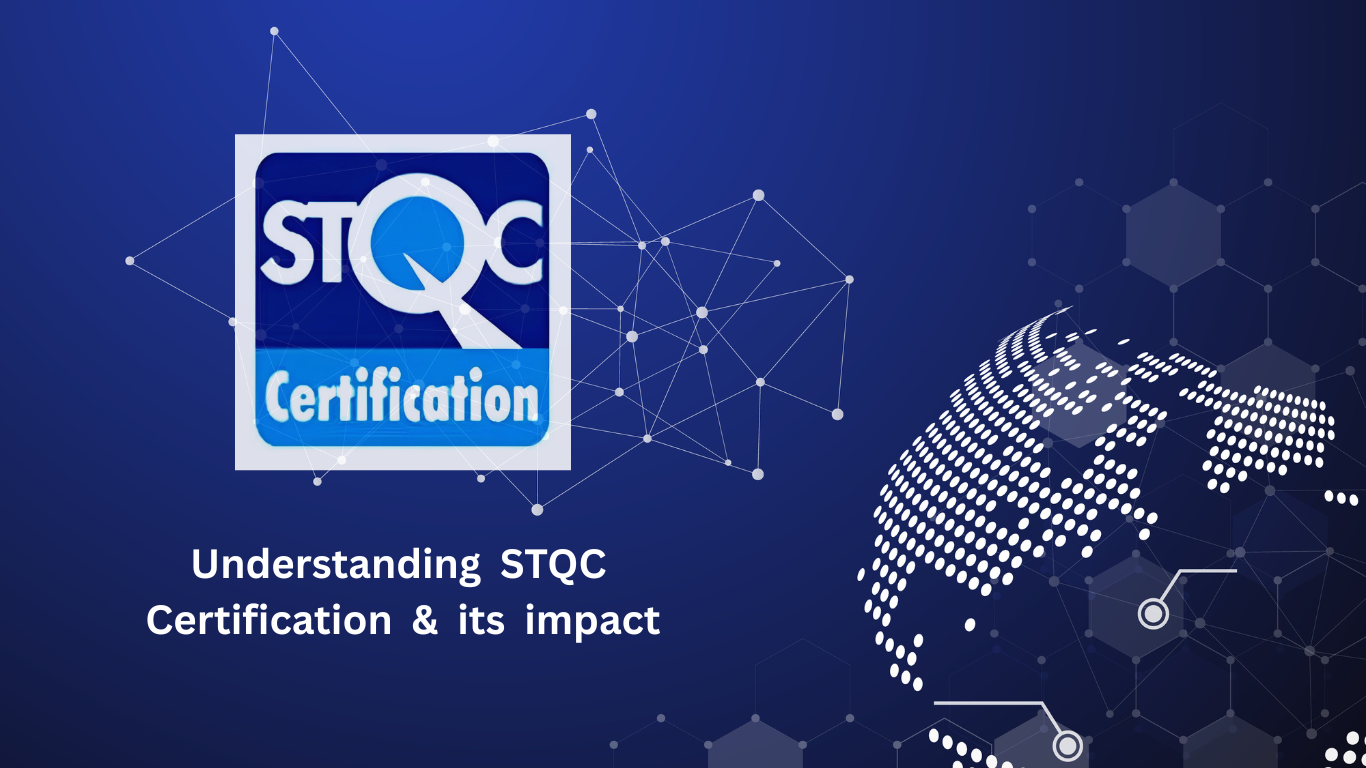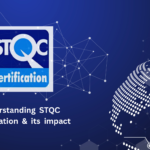Understanding the Latest STQC Certification & its impact on indian cctv market
Indian CCTV market has undergone a significant transformation with the introduction of mandatory Standardization Testing and Quality Certification (STQC) for all CCTV cameras sold in India, effective from April 9, 2025. This certification is aimed at enhancing cybersecurity and ensuring the reliability of surveillance systems across the country. In this blog post, we will delve into the details of this certification, its impact on end users, with its benefits and drawbacks.
What is STQC Certification?
STQC certification is a rigorous testing and quality assurance process governed by the Ministry of Electronics and Information Technology (MeitY). It ensures that electronic products, including CCTV cameras, meet stringent national standards for security, performance, and reliability. The certification is part of India’s broader strategy to safeguard its digital infrastructure against cyber threats.

Key Features of the STQC Mandate
- Mandatory Compliance: All CCTV cameras whether IP Bullet Cameras, Dome Cameras, or PTZ Cameras—must pass cybersecurity tests conducted by authorized STQC laboratories before being sold in India. This includes both new and existing products, ensuring a uniform standard across the market.
- Testing Infrastructure: India currently has 14 STQC laboratories equipped to evaluate surveillance products for compliance with Essential Requirements (ER). These laboratories are strategically located across the country to facilitate easy access for manufacturers.
- BIS Registration: Manufacturers must obtain Bureau of Indian Standards (BIS) registration after submitting test reports that confirm compliance with both safety and cybersecurity standards. This registration is crucial for legal sales and distribution within India.
- Penalties for Non-Compliance: Non-certified products may face legal restrictions, removal from the market, or loss of consumer trust. This strict enforcement ensures that only compliant products are available to consumers.
Impact on End Users
The STQC certification directly benefits consumers and businesses by ensuring:
- Enhanced Data Security: Certified cameras are less vulnerable to hacking or cyberattacks, protecting sensitive surveillance data. This is particularly important for high-security installations such as government buildings, financial institutions, and residential complexes.
- Improved Product Reliability: Cameras undergo rigorous testing for environmental resilience, data encryption, and network protocol compliance. This means that certified cameras are more likely to function smoothly under various conditions, reducing downtime and maintenance costs.
- Transparency and Trust: The certification guarantees adherence to national quality benchmarks, fostering consumer confidence in surveillance technology. Users can rely on certified products to provide consistent performance and security.
Benefits of STQC Certification
For Manufacturers and Distributors
- Market Credibility: Compliance with STQC standards enhances brand reliability and opens opportunities in government tenders and high-security sectors. Manufacturers who obtain certification can differentiate themselves from competitors and gain a competitive edge in the market.
- Global Trade Facilitation: Internationally recognized certification supports export growth. Many countries require similar certifications for electronic products, so having an STQC certification can simplify the process of entering new markets.
- Innovation and Quality Enhancement: The certification process encourages manufacturers to innovate and improve product quality. By adhering to strict standards, companies are incentivized to invest in research and development, leading to better products over time.
For Consumers
- Safer Surveillance Systems: Reduced risk of compromised security systems ensures better protection of personal and organizational assets. This is especially crucial for residential areas, where security cameras are increasingly used to deter crime.
- Reliability and Performance: Certified cameras are tested for performance under various conditions, ensuring they provide consistent video quality and reliability. This reduces the need for frequent replacements or repairs.
- Compliance with Legal Requirements: Using certified products ensures that consumers are complying with legal requirements, avoiding potential legal issues related to non-compliant surveillance systems.
Potential Drawbacks
While the benefits are substantial, there are some challenges associated with the STQC certification:
- Higher Costs: Manufacturers may face increased costs due to mandatory testing and compliance procedures. These costs could be passed on to consumers, potentially increasing the price of CCTV cameras.
- Limited Testing Capacity: With only 14 laboratories available nationwide, delays in certification could impact product availability. This might lead to supply chain disruptions, especially if demand for certification exceeds the testing capacity.
- Complexity for Small Manufacturers: Smaller manufacturers might find it challenging to navigate the certification process due to limited resources and expertise. This could lead to a competitive disadvantage compared to larger companies.
How to Obtain STQC Certification
For manufacturers looking to obtain STQC certification, the process involves several steps:
- Preparation: Ensure that products meet the Essential Requirements (ER) for cybersecurity and safety. This involves reviewing product design, software, and hardware to ensure compliance.
- Testing: Submit products to authorized STQC laboratories for testing. This includes both physical and software evaluations to verify compliance with national standards.
- Documentation: Prepare and submit necessary documentation, including test reports and product specifications, to support the certification application.
- BIS Registration: Once certified, apply for BIS registration to legally sell products in India.

Future Implications
As the Indian CCTV market continues to grow, the STQC certification will play a crucial role in shaping the industry. It is likely that similar certifications will be introduced for other electronic devices, further enhancing the country’s cybersecurity posture.
Recommendations for Consumers
When purchasing CCTV cameras, consumers should look for the STQC certification to ensure they are buying compliant products. This not only guarantees better security but also supports legal compliance and reduces potential risks associated with non-certified devices.
Recommendations for Manufacturers
Manufacturers should prioritize obtaining STQC certification to remain competitive in the market. Investing in compliance and quality assurance will yield long-term benefits, including increased market share and brand reputation.
Final Thoughts
In conclusion, the STQC certification is a significant development in the Indian CCTV market, offering numerous benefits for both consumers and manufacturers. While there are challenges to overcome, the advantages of enhanced security, reliability, and market credibility make this certification a crucial step forward for India’s digital infrastructure.
Frequently Asked Questions (FAQs)
- What is STQC Certification?
- STQC certification is a quality assurance process that ensures electronic products, including CCTV cameras, meet national standards for security and performance.
- Why is STQC Certification Mandatory?
- It is mandatory to enhance cybersecurity and ensure the reliability of surveillance systems across India.
- How Does STQC Certification Benefit Consumers?
- It provides safer and more reliable surveillance systems, protecting sensitive data and ensuring consistent performance.
- What Are the Challenges for Manufacturers?
- Higher costs and limited testing capacity are potential challenges, but these are outweighed by the benefits of market credibility and compliance.
- How Can Manufacturers Obtain STQC Certification?
- Manufacturers must prepare their products to meet Essential Requirements, undergo testing at authorized laboratories, and obtain BIS registration. Full Process & detailed procedure can be followed from MeitY official website.
Additional Resources
For more information on STQC certification and its implementation, you can visit the official websites of the Ministry of Electronics and Information Technology (MeitY) and the Bureau of Indian Standards (BIS). These resources provide detailed guidelines and updates on the certification process.
Conclusion
In summary, the STQC certification is a pivotal initiative that enhances the security and reliability of CCTV systems in India. By understanding its implications and benefits, consumers and manufacturers can leverage this certification to create a safer and more secure surveillance ecosystem. As the market continues to evolve, embracing such certifications will be crucial for growth and innovation.

Mr. Preet is a self-taught technical blogger and author with 5+ years of experience in CCTV technology guidance. He focuses on providing practical advice about choosing, installing, and maintaining surveillance systems. His content primarily covers basic CCTV concepts, helping readers understand how these security systems work in various settings, from home installations to commercial applications.




Great post, I believe website owners should larn a lot from this weblog its real user genial.
I am continually searching online for tips that can help me. Thx!
Thanks for another informative blog. Where else could I get that kind of info written in such an ideal way? I have a project that I’m just now working on, and I’ve been on the look out for such information.
I think you have noted some very interesting points, thanks for the post.
I will right away take hold of your rss feed as I can not to find your e-mail subscription link or e-newsletter service. Do you have any? Kindly let me recognise in order that I may just subscribe. Thanks.
I think this is among the most significant information for me. And i am glad reading your article. But should remark on some general things, The web site style is great, the articles is really nice : D. Good job, cheers
This blog is definitely rather handy since I’m at the moment creating an internet floral website – although I am only starting out therefore it’s really fairly small, nothing like this site. Can link to a few of the posts here as they are quite. Thanks much. Zoey Olsen
Great post. I am facing a couple of these problems.